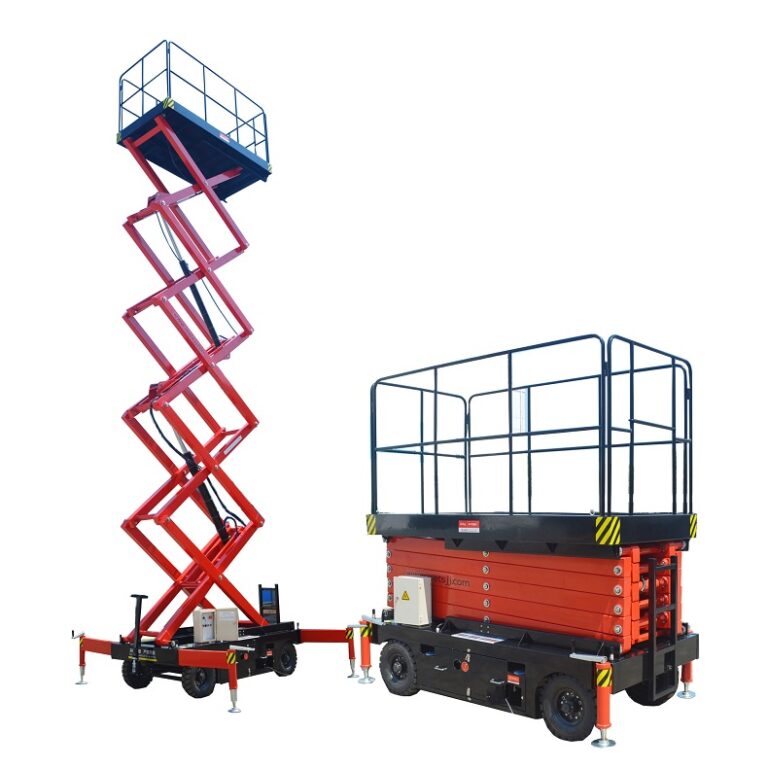The Evolution of Smart Homes: Transforming Modern Living from buzai232's blog
The Evolution of Smart Homes: Transforming Modern Living
The concept of smart homes has evolved significantly over the past few years, transforming the way we live and interact with our living spaces. With advancements in technology, smart homes are becoming more accessible, efficient, and integrated into our daily lives. This article explores the evolution of smart homes, highlighting the key trends and innovations that are shaping the future of modern living.
1. Integration of IoT Devices
The Internet of Things (IoT) has played a crucial role in the development of smart homes. IoT devices, such as smart thermostats, lighting systems, and security cameras, can communicate with each other and be controlled remotely through a central hub or smartphone app. This integration allows homeowners to monitor and manage their homes more efficiently, leading to increased convenience and energy savings.
 forklifts Aerial Platforms | China Trade price on Manufacturer Wholesale Materials Handling Platforms Aerial Platforms sale Buy Online Industrial Equipment USA/UK/India/Australia/CANADA | ForkLift
forklifts Aerial Platforms | China Trade price on Manufacturer Wholesale Materials Handling Platforms Aerial Platforms sale Buy Online Industrial Equipment USA/UK/India/Australia/CANADA | ForkLift
2. Voice-Activated Assistants
Voice-activated assistants, such as Amazon Alexa, Google Assistant, and Apple Siri, have become integral components of smart homes. These virtual assistants can perform a wide range of tasks, from setting reminders and playing music to controlling smart devices and providing real-time information. The ability to interact with our homes using voice commands has made smart home technology more user-friendly and accessible to a broader audience.
3. Enhanced Home Security
Smart home technology has revolutionized home security, offering advanced features that provide peace of mind to homeowners. Smart security systems include video doorbells, motion sensors, and smart locks that can be monitored and controlled remotely. Additionally, AI-powered security cameras can detect unusual activity and send alerts to homeowners, ensuring that their homes are protected at all times.
4. Energy Efficiency and Sustainability
One of the significant benefits of smart homes is their potential to improve energy efficiency and promote sustainability. Smart thermostats can learn homeowners’ preferences and adjust heating and cooling systems accordingly, reducing energy consumption. Smart lighting systems can automatically turn off lights when rooms are unoccupied, further contributing to energy savings. These innovations not only lower utility bills but also reduce the environmental impact of our homes.
5. Personalized Living Experiences
Smart home technology allows for highly personalized living experiences, catering to the unique needs and preferences of each homeowner. For example, smart lighting systems can be programmed to create different moods and atmospheres based on the time of day or specific activities. Smart speakers can curate personalized playlists, and smart appliances can suggest recipes based on available ingredients. This level of customization enhances the overall living experience and makes daily routines more enjoyable.
6. Health and Wellness Monitoring
The integration of health and wellness monitoring devices into smart homes is an emerging trend that is gaining popularity. Smart home systems can include features such as air quality monitors, sleep trackers, and fitness equipment that provide real-time data on various aspects of health and wellness. This information can help homeowners make informed decisions about their lifestyle and well-being, promoting a healthier living environment.
7. Future Innovations
The future of smart homes holds exciting possibilities, with ongoing research and development driving continuous innovation. Emerging technologies such as 5G connectivity, artificial intelligence, and augmented reality are expected to further enhance the capabilities of smart homes. For instance, AI-powered home assistants could anticipate homeowners’ needs and make proactive adjustments to improve comfort and efficiency. Augmented reality could provide immersive experiences for home entertainment and virtual home tours.
Conclusion
The evolution of smart homes is transforming modern living, offering unprecedented levels of convenience, security, and personalization. The integration of IoT devices, voice-activated assistants, enhanced home security, energy efficiency, personalized living experiences, and health monitoring are just a few of the trends shaping the future of smart homes. As technology continues to advance, smart homes will become even more sophisticated, making our lives more connected, efficient, and enjoyable.
Post
| By | buzai232 |
| Added | Sep 12 '24, 06:48PM |
Rate
Archives
- All
- December 2017
- November 2017
- October 2017
- September 2017
- June 2017
- May 2017
- December 2018
- November 2018
- October 2018
- September 2018
- August 2018
- July 2018
- June 2018
- May 2018
- April 2018
- March 2018
- January 2018
- December 2019
- November 2019
- October 2019
- September 2019
- August 2019
- July 2019
- June 2019
- May 2019
- April 2019
- March 2019
- January 2019
- December 2020
- November 2020
- October 2020
- September 2020
- August 2020
- July 2020
- June 2020
- May 2020
- April 2020
- March 2020
- January 2020
- December 2021
- November 2021
- October 2021
- September 2021
- August 2021
- July 2021
- June 2021
- May 2021
- April 2021
- March 2021
- February 2021
- January 2021
- December 2022
- November 2022
- October 2022
- September 2022
- August 2022
- July 2022
- June 2022
- May 2022
- April 2022
- March 2022
- February 2022
- January 2022
- December 2023
- November 2023
- October 2023
- September 2023
- August 2023
- July 2023
- June 2023
- May 2023
- April 2023
- March 2023
- February 2023
- January 2023
- December 2024
- November 2024
- October 2024
- September 2024
- April 2024
- March 2025
- February 2025
- January 2025
The Wall